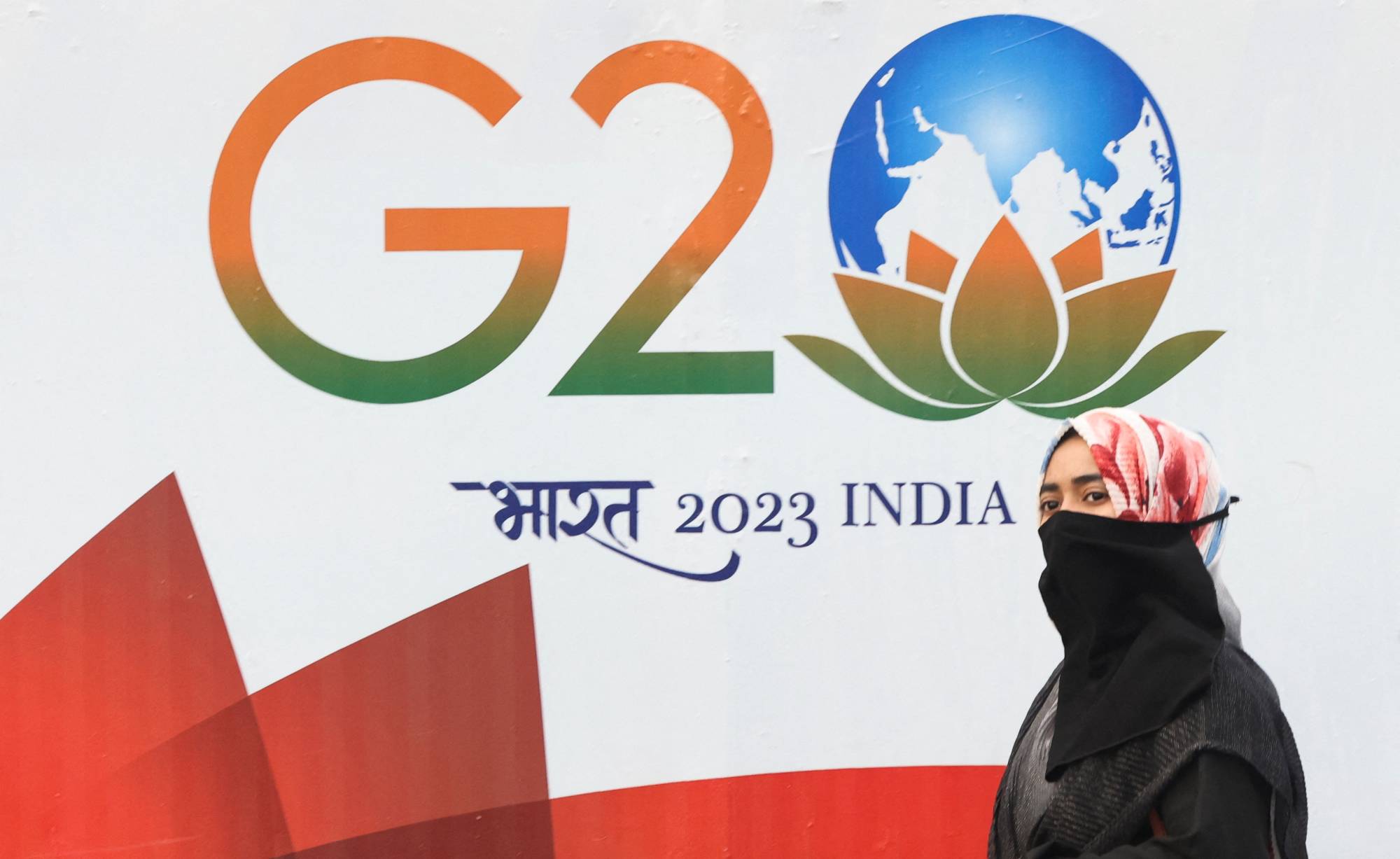In December, India began its yearlong Group of 20 presidency, taking over from Indonesia amid rising geopolitical tensions and economic uncertainty.
Surging inflation has raised the specter of a global recession. Supply chains, made more efficient but also more vulnerable by globalization and the digital revolution, are crumbling under the weight of COVID-19-related disruptions and the war in Ukraine, both of which have revealed and deepened the fault lines of the international order.
During the Great Recession of 2008-09, the G20 arguably helped to prevent a worse crisis by persuading the world’s biggest economies to coordinate their fiscal and monetary policies. With the global economy at a critical juncture, following decades of relentless globalization that have made markets increasingly interconnected, the group could once again play this role.

















With your current subscription plan you can comment on stories. However, before writing your first comment, please create a display name in the Profile section of your subscriber account page.